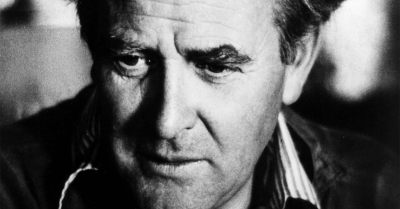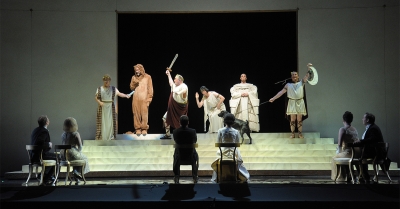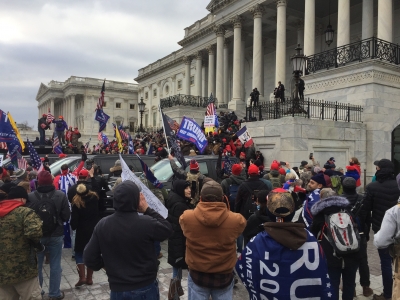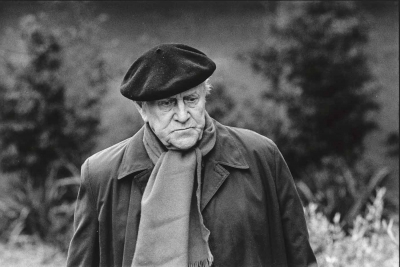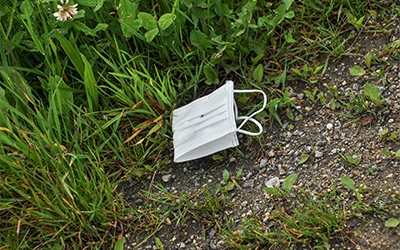Commentary
President Joe Biden has given cause to hope that the position of Science Advisor to the President of the United States might be returned to a position of influence after years of neglect under Donald Trump’s presidency. Biden nominated Eric Lander of MIT and, for the first time, elevated the advisor’s role to a Cabinet-level position. Lander will also sit on the National Science and Technology Council (NSTC), which coordinates science and technology policy across the various federal research and development agencies, and which is chaired by the president.
... (read more)James Shapiro, in his brilliant book 1606: William Shakespeare and the year of Lear (2015), notes the general reluctance of the Elizabethan theatre to deal directly with the subject of plague, despite its pressing relevance to audiences of the day. He asks if this is ‘because it was bad for business to remind playgoers packed into theatres of the risks of transmitting disease or because a traumatised culture simply couldn’t deal with it?’ As our own theatre begins to emerge from pandemic, those twin concerns of risk and trauma loom large over the collective consciousness. Outbreaks that explode like spot fires around the country have sapped our confidence, and the gap between our desire to participate in live performance and our fear of community transmission still seems insurmountable.
... (read more)The voice on the telephone, not brusque or curt, came straight to the point. ‘How long are you in London for? And would you be free for dinner this Friday?’
... (read more)January 5
We have lost our Hermia, so Sally-Anne Russell comes round to sing for me. She has fished out Benjamin Britten’s Charm of Lullabies and her score of The Rape of Lucretia. We work on both, but particularly on the aria in which poor Lucretia threads together gorgeous lilies into a funeral wreath, her response to what the boastful, ghastly Tarquinius has done to her. Sally-Anne has not sung the opera for twenty-five years, but it sounds as though she’s fresh from recording it, so inside the role is she, so beautiful and rich her voice. I phone Neil Armfield. We have found our Hermia.
... (read more)On the morning of 6 January 2021, President Donald Trump addressed a crowd of his supporters outside the White House for more than an hour. The president urged protesters who had already begun gathering along the National Mall to go to the Capitol Building where both houses of Congress were about to start the process of certifying the results of the electoral college, formalising Joe Biden’s victory in the November 2020 election. The election had been stolen, Trump told them: it was time for them to take it back and march on Congress: ‘You will never take back our country with weakness,’ said the president.
... (read more)What we know and how we think and feel are socially and thus historically conditioned. But it can also be geographically conditioned. ‘Australia’, as Mrs Golson remarks in The Twyborn Affair, ‘may not be for everyone ... For some it is their fate, however.’ Our subject is Patrick White and criticism of his work in Australia and my argument is that ours is a culture in general, and a literary culture in particular, with an indifference to and perhaps fear of hermeneutics, which George Steiner glosses as some ‘essential answerability’ implicit in the act of reading over and above understanding or – Leavis preserve us! – evaluation.
... (read more)Like much feminist performance art since the 1960s, Casey Jenkins’s latest performance piece, titled IMMACULATE, centres on a female body – Jenkins’s own. IMMACULATE is a performance that documents the legal and commonly practised process of self-insemination in the home.
... (read more)If the Covid-19 pandemic has taught us anything, it is that there has never been a better time to respond to the climate crisis than now. The global nature of Covid-19 has made it clear that global issues need a coordinated response and can easily affect the welfare of every human being on earth. The virus has shown us that it is absolutely crucial to listen to the science. Governments, in responding to epidemiological forecasts, have rapidly spent hundreds of billions of dollars on welfare subsidies, enforcing social distancing, protective equipment, mental health services, and vaccine research.
... (read more)Susan Ryan was a formidable storyteller. Her stories communicated her values and her world view, her commitment to the pursuit of a more egalitarian society. Hers was a powerful form of communication, capable of questioning and challenging the inadequacies of the masculinist, class-exclusive ‘fair go’ of postwar Australian society.
... (read more)On 14 November 2019, Behrouz Boochani arrived in New Zealand, to feature in the WORD Christchurch literary festival. In so doing, Boochani, the Kurdish-Iranian writer, detained – or, in his words, exiled – by the Australian government for six years, finally escaped his ‘Manus Prison’. The details of his resettlement remained unclear, but it didn’t matter; he simply wanted to be ‘free for a while’. Around the world, on broadcast and social media, thousands celebrated Boochani’s ‘long flight to freedom’. This followed his award-winning book No Friend But the Mountains (2018), an autobiographical novel typed on his mobile phone using WhatsApp, one passage at a time. Smuggled from Manus in thousands of PDF files, it was translated from Farsi into English by his Iranian-Australian collaborator, Dr Omid Tofighian. For Boochani and those concerned with the plight of asylum seekers and refugees, his escape offered a rare moment of exultation.
... (read more)
